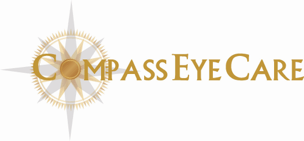Today, Myopia presents itself at an earlier age in more children than in the past. Studies have shown that part of the increase in nearsightedness is because more people are doing work up close; this isn’t just a computer and increased screen time, though–reading for long periods can also impact your eyes.
There are four options your eye doctor may use for myopia control in children.
Atropine Eye Drops
Myopia occurs when your eye is too long, or your cornea is too curved. The light that enters your eye has a harder time focusing the way it should, and this results in blurred vision. When you use atropine eye drops, you’re temporarily dilating your pupil, which relaxes your eyes’ focusing ability, making it easier to see. The recommended dosage is .01. At this dosage, side effects typically are not noticeable.
Multifocal Contacts
The primary use of multifocal contacts is to help achieve clear vision at all distances. According to studies, children who wore multifocal contacts had a 50% reduction in the advancement of Myopia compared to children who stuck with traditional soft contacts.
Multifocal Eyeglasses
Like multifocal contacts, multifocal eyeglasses intend to help you gain a clearer vision regardless of the distance. These glasses have two parts, one being the top, which allows you to see objects far away. The second part is on the bottom of your lenses and assists when you read. These glasses slow the progression of Myopia.
Orthokeratology
Orthokeratology is a treatment that uses a gas-permeable contact lens to reshape the corneal surface on your eye temporarily. A patient wears these lenses overnight, reshaping the front surface of the eye so vision is clear upon waking up. This treatment is temporary, and the effects of the overnight treatment will usually last throughout the day.
Do you want to take the next steps in ensuring your child has full potential regarding his/her vision? Contact our office today to ask our staff any questions you have about your child’s next appointment.


